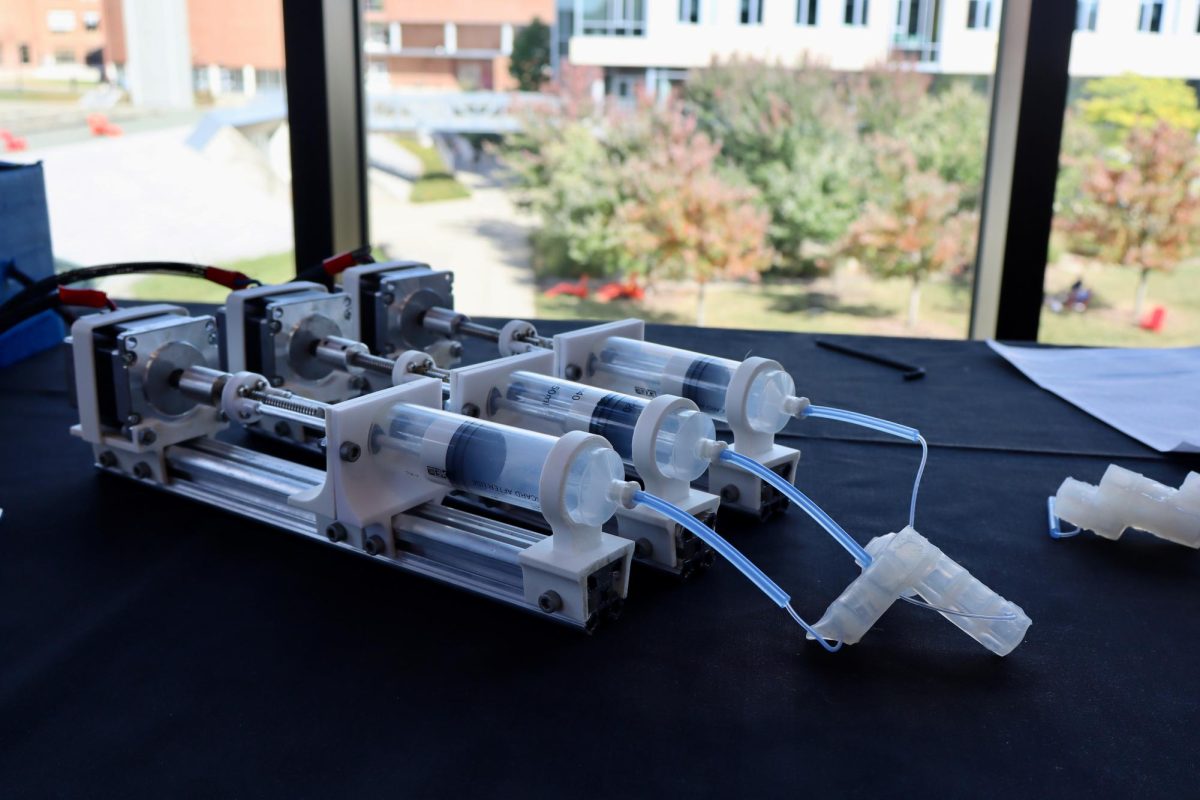
The University of Massachusetts has received a three year, $1 million grant from the National Science Foundation to research energy efficiency with the Holyoke Gas and Electric Company.
The research will focus on using Information Technologies to track the use of heating, air conditioning and solar panels in Holyoke, and is a continuation of research done by UMass in a 2014 pilot program.
Prashant Shenoy, a professor in the College of Information and Computer Sciences, will work as the project’s principal investigator. David Irwin, an assistant professor in the Department of Electrical and Computer Engineering, and Simi Hoque, an assistant professor in the Department of Energy Conservation, will work as co-principal investigators.
“We look forward to doing this work,” Shenoy said. “It is exciting to see our work tried out in the real world.”
UMass, which has been involved in energy issues in Holyoke for a number of years, used data from the city’s electric and gas meters to develop the technologies that will be improved over the next three years.
This included using data from the energy meters to determine whether unnecessary use of air conditioning and heating occurs, particularly when people have left their homes.
The investigators were also able to use thermostat scheduling services to detect the occupancy of houses through energy data to determine if heating, ventilation, and air conditioning systems were being overused.
UMass researchers also created Solarcast, a service which is able to use weather forecasts to tell users how efficient their solar panels will be that day.
“We built a web-based tool, where you could create an account and specify where your solar panels are,” Shenoy explained.
Over the next three years, researchers will work on creating mobile tools, such as smartphone apps to notify users when they should turn off their heating.
Shenoy mentioned that the mobile tools created through this research could also be broadened and applied to work in different contexts.
Making the research done by UMass more accessible will also be a major goal over the next three years.
“I’m mostly focusing on the piece between the analytic techniques and user-applications,” said Irwin. For him, presenting the data in a way average people can understand is an important part of this research.
When the researchers create new tools, UMass may also be able to use volunteers from Holyoke to test them out and determine their effectiveness through actual field trials.
While the $1 million funding from the National Science Foundation will only last three years, the research relationship UMass has with the Holyoke Gas and Electric Company will outlast the grant.
“The relationship is ongoing,” said Shenoy. “We are working with them on a lot of projects.”
Stuart Foster can be reached at [email protected] or followed on Twitter @Stuart_C_Foster


















